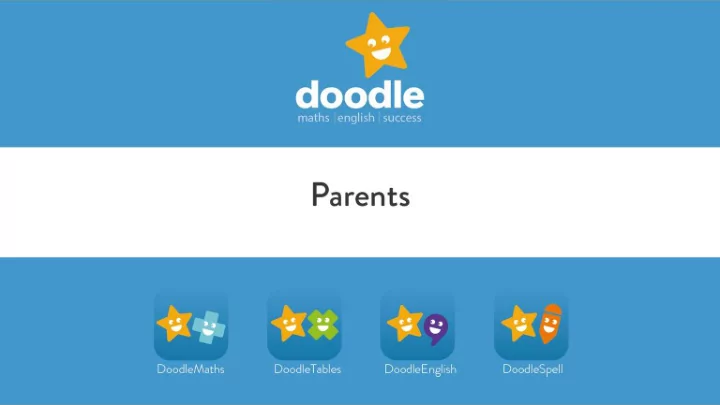

From the 2019/20 academic year onwards, all state-funded maintained schools and academies (including free schools) in England will be required to administer an online multiplication tables check (MTC) to year 4 pupils.
The national curriculum specifies that pupils should be taught to recall the multiplication tables up to and including 12 × 12 by the end of year 4.The purpose of the MTC is to determine whether pupils can recall their times tables fluently, which is essential for future success in mathematics.
Maths at Saltford ● The children are expected to think deeply about the mathematical concepts they are learning about, explaining and justifying their reasoning using precise and accurate mathematical language. ● Developing the children’s depth of understanding allows them to apply their knowledge and skills to a variety of problem solving tasks, making clear connections between mathematical concepts. ● Repetition and rote learning consolidates vital mathematical facts which they are able to confidently rely on, and recall at speed. ● Fluency … allows pupils to develop conceptual understanding and the ability to recall and apply knowledge rapidly and accurately. ● We use a scheme called “White Rose Maths” which focuses on children having practice at a skill, then showing understanding through problem solving.
White Rose Maths:
Saltford School Calculation Policy: Multiplication Children need to understand the concept of multiplication, that it is: • Repeated addition • Can be represented as an array They also need to understand and work with certain principles: • Inverse of division • Is commutative i.e. 3 x 5 = 5 x 3 • Is associative i.e. 2 x (3 x 5) = (2 x 3) x 5
Multiplication starts with counting equal groups or ‘lots of’ 6 + 6 + 6
Multiplication by Repeated Addition
Use of Arrays Children need to understand how arrays link to multiplication through repeated addition and be able to create their own arrays. 5 lots of 3 or 5 x 3 = 15 3 lots of 5 or 3 x 5 = 15
Continuation of Arrays Creating arrays on squared paper (this also links to understanding area) You can use a grid like this to develop subtraction as well, so 40 - 28 = 12
Which is then consolidated as: 2
Once knowledge of all times tables facts have been fully secured a more efficient method is:
How to to help your ch child ild with ith math ths at t home: ● Use of Doodle Maths regularly. ● Always be encouraging. ● Never associate maths with speed. It is not important to work quickly, and we now know that forcing kids to work quickly on maths is the best way to start maths anxiety for children, especially girls. ● Never share with your children the idea that you were bad at maths at school or you dislike it. ● Encourage number sense. What separates high and low achievers is number sense – having an idea of the size of numbers and being able to separate and combine numbers flexibly. ● Let students know that they have unlimited maths potential and that being good at maths is all about working hard.
Recommend
More recommend